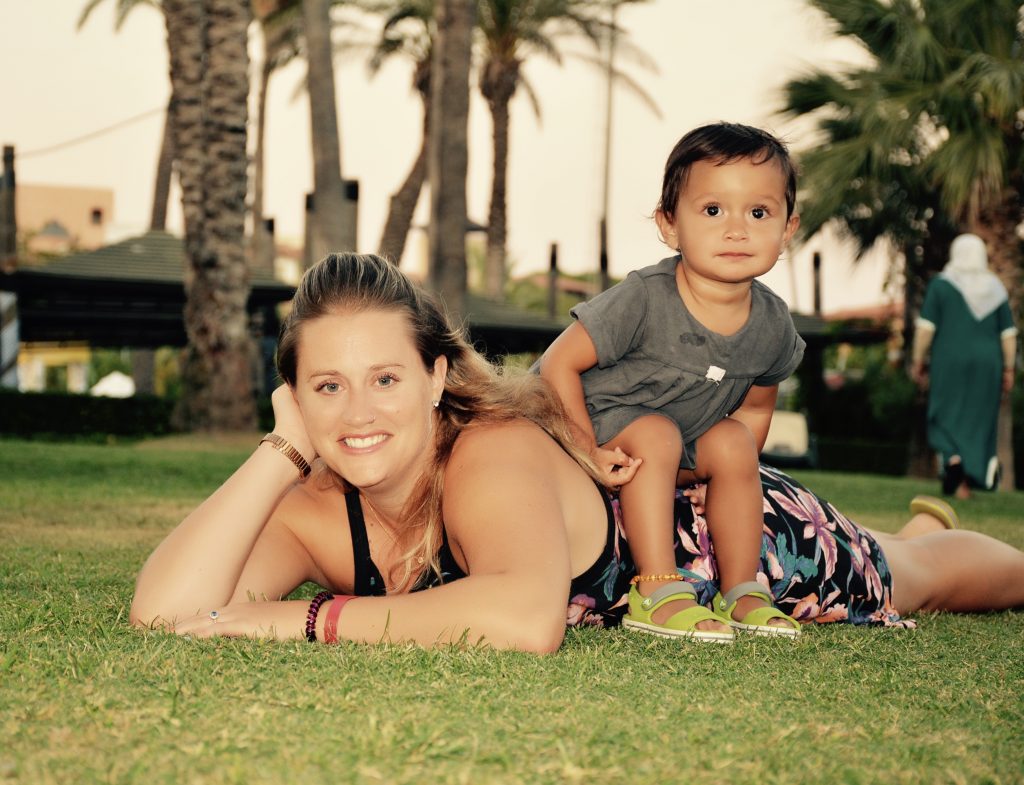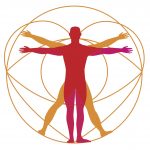
Emotional Freedom Technique (EFT) for Parents and Children
What is Tapping / EFT Therapy? Tapping or Emotional Freedom Technique (EFT) is a hands-on tool...
Read More
It was happening, I was finally in labour. The long awaited time of welcoming my precious newborn was almost here. Most people describe those first moments as special, magical and amazing. When my daughter was born in April 2016, I felt fear, panic and terror. There was no bond, no empathy, and certainly no maternal instinct. I felt numb and it was as if all the life and personality I possessed had been stolen from me almost immediately. The moment my partner and I had been looking forward to so much was a far cry from our naive, ‘perfectionist’ expectations of early parenthood.

As someone who has always aspired to be a mother and to some extent planned my whole life around it, it was peculiar to feel the way I did. This prompted alarm bells to ring in my mind as I was not the Sara I knew. Only moments after Aarya was born I knew something was adrift and that I couldn’t cope. Quite quickly a small concern became an unavoidable reality.
“I was having intrusive thoughts that I was too scared to share with anyone and feeling so anxious that I could barely function.”
After just two days I was virtually catatonic and having dissociative seizures. Three days on from that, I was taken away from my daughter and placed on suicide watch in an Acute Psychiatric ward. For those that don’t know what that means, I was on a high level of supervision that meant I had most of my belongings taken away from me and was checked every 15 minutes (even whilst sleeping). For me this was like some sort of barbaric, outdated sleep torture experiment.
At the time, myself and family were advised that this was the safest place for me and my newborn. The reality is, I was more terrified than ever before. Safe is not a word I would use to describe the horror I experienced. As a therapist, I know that being around other mentally ill people can have a hugely negative impact on you, you need the support of your family and the familiarity of home. As a mother, you also need to be with your infant as much as possible, despite not wanting to be. I don’t blame anyone for this decision, my partner and parents had an extremely difficult judgement call to make to keep both me and my baby safe. I’m sure I would have done the same in their position, they were terrified too and didn’t know what to do apart from trust the professionals.

I won’t go into too much more detail about my story as that’s not why I am writing this article. I want others to read this and feel inspired and realise that you can go from this severe state to recovery in a relatively short period of time. I do not want to alarm anyone, my aim is merely to educate people about Post Natal Depression (PND) and increase its awareness. It is imperative that people know what signs to look out for and what can be done to reduce their suffering. Being aware of your feelings and emotions, like I was, is crucial for an early diagnosis and therefore early intervention. Here are some examples of feelings and/or behaviours to be aware of;
“I am not, nor do I claim to be a medical professional, but I am a mummy, a human being who has been through this journey and come out the other side.”
Some people may not experience any of the above symptoms, some may experience several. I wanted to share these symptoms as a tool to help identify if there may be a problem. Partners can be helpful in identifying this too, as lots of things can go un-noticed by yourself, especially if you are trying to convince yourself nothing is wrong. My advice would be, if in any doubt, talk to someone, do not suffer in silence. Tell your GP – medication can help (it doesn’t deal with the cause but does help with symptoms). Try to get some Psychotherapy if you can, and try to find some local mum’s groups so you can talk to other people about it. Look after your body by getting sleep when you can and eating nutritious food. It’s easy to forget what your body has been through when all the focus is on your mental health.

Here’s the good news, things can and do improve. Here are some of the things that helped me get to the light at the end of the tunnel;
PND is far more common than people think and it often goes untreated. If you or a family member have any history of mental health problems, then please stress that point to your midwife and GP during pregnancy. Keep mentioning it if you have to. There is so much support that can be put in place to prevent risk. Unfortunately for me, it wasn’t the case which is why I feel compelled to continue to raise awareness and get people talking about the illness. The more we learn about PND the more effectively we can treat it. No matter how deep one falls into the pit of Depression there is always a way out. I am here to support anyone going through this difficult time, from a place of empathy and understanding.
I would like to take this opportunity to thank you for reading this. For every person that reads, shares or hears about my story, it could be another life saved. Take from it what you need and move forward with your life, I wish you the very best.

 Sara suffered from Post Natal Depression and Psychosis in 2016 following the birth of her daughter. She has set up Only Human Therapy and she is passionate about improving care for women with Post Natal illness and educating others about recovery, what signs to look out for and how it may be preventable. Sara is available for face to face Psychotherapy in Birmingham but also offers Skype sessions for those who are further afield.
Sara suffered from Post Natal Depression and Psychosis in 2016 following the birth of her daughter. She has set up Only Human Therapy and she is passionate about improving care for women with Post Natal illness and educating others about recovery, what signs to look out for and how it may be preventable. Sara is available for face to face Psychotherapy in Birmingham but also offers Skype sessions for those who are further afield.
We use cookies and similar technologies to enable services and functionality on our site (including the availability of videos) and to understand your interaction with our service. By clicking on accept, you agree to our use of such technologies for analytics. See our Cookies Policy for further details.